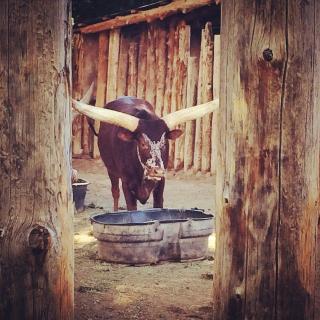
If beginners don't go through a phase in which they REALLY focus on seeing learning outside of academic formalities, they will not be able to see around academics.
photo by Lisa Jonick



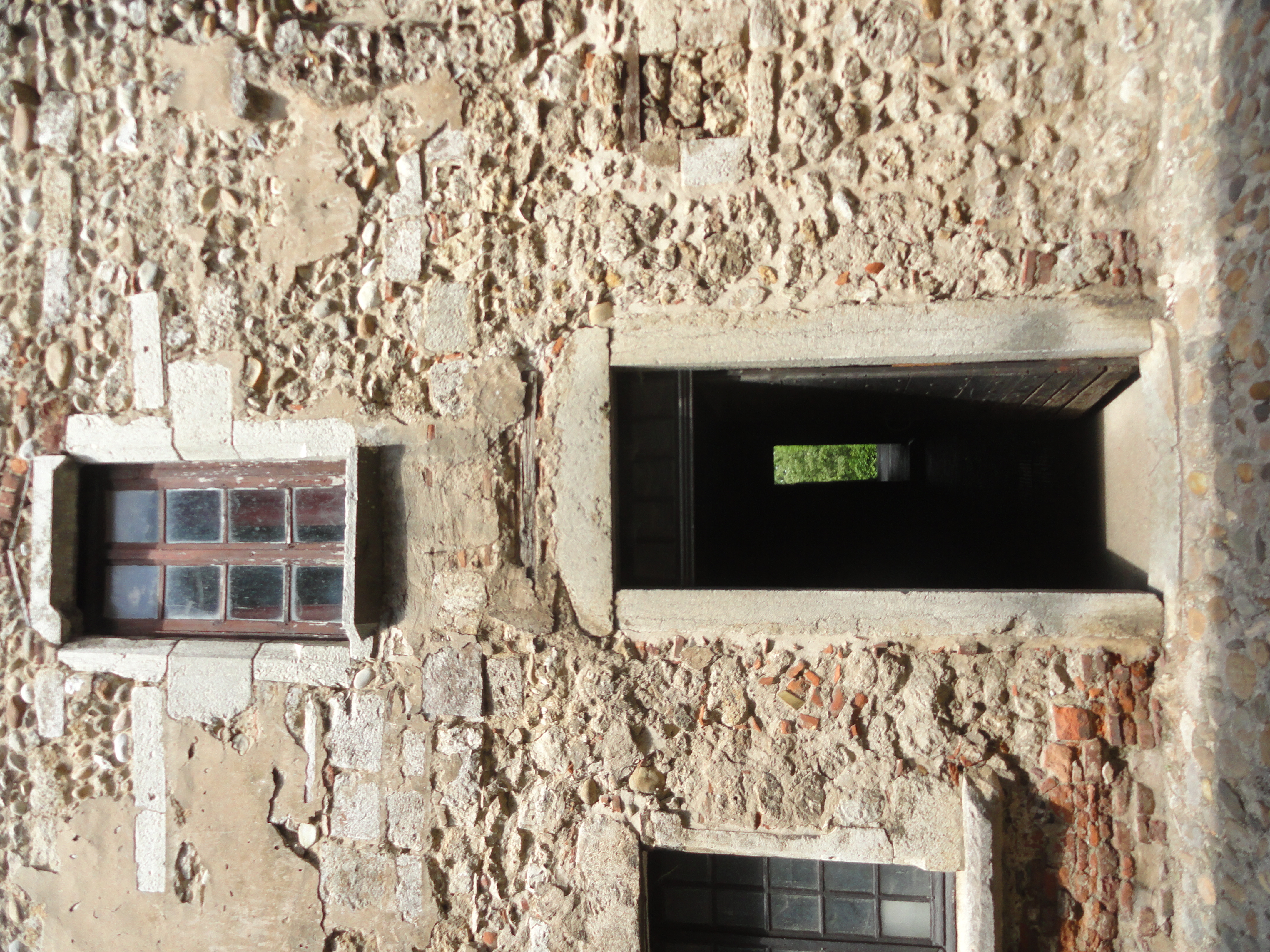
Learning is defined not just as sucking in information about something the child is interested in. Learning is also figuring out the big picture and how things connect. Figuring out how stuff works, figuring out how people work, making connections, seeing patterns. This is a mechanical, biological process. It's how humans—all learning animals really—naturally learn, how kids are born learning.
Natural learning is like a doorway. We can't change the doorway but we can change the outside world so kids can more easily reach what intrigues them.
If a child is bored and agitated, she's not learning. If she's happy and smiling and humming and engaged with what she's thinking, seeing, hearing, tasting, touching or smelling, then she's learning.
 |


Learning is defined not just as sucking in information about something the child is interested in. Learning is also figuring out the big picture and how things connect. Figuring out how stuff works, figuring out how people work, making connections, seeing patterns. This is a mechanical, biological process. It's how humans—all learning animals really—naturally learn, how kids are born learning.
Natural learning is like a doorway. We can't change the doorway but we can change the outside world so kids can more easily reach what intrigues them.
If a child is bored and agitated, she's not learning. If she's happy and smiling and humming and engaged with what she's thinking, seeing, hearing, tasting, touching or smelling, then she's learning.
If a child is bored and agitated, she's not learning. If she's happy and smiling and humming and engaged with what she's thinking, seeing, hearing, tasting, touching or smelling, then she's learning.


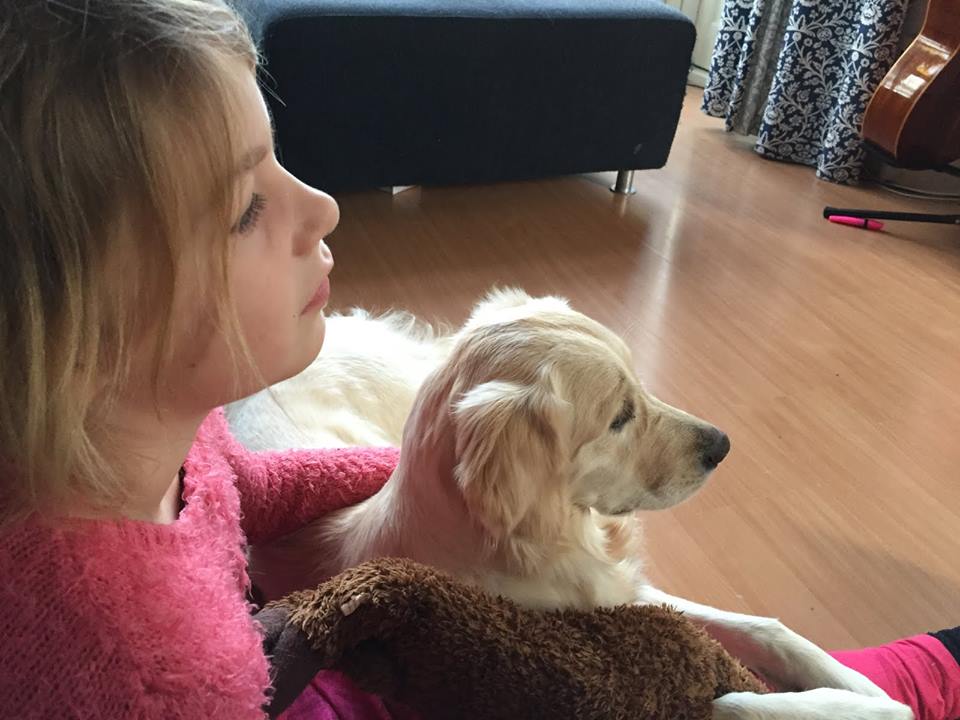








 |

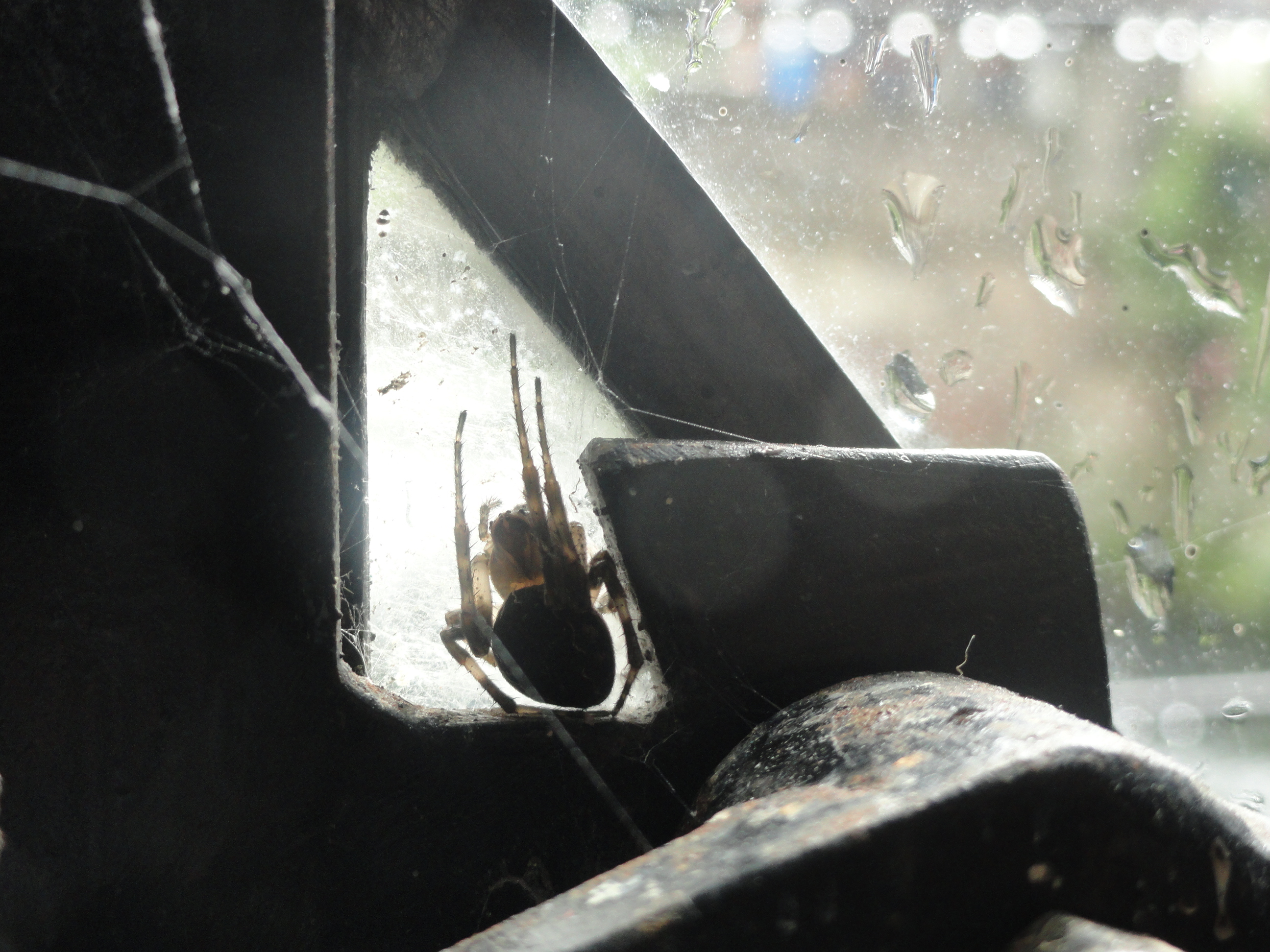 |
Some people see experienced unschoolers ("experienced" meaning in this context people who have done it well and effortlessly for years, who aren't afraid anymore, who have seen inspiring results) mention classes, and they think "Ah, well if the experienced unschoolers' kids take classes, then classes are good/necessary/no problem."
But if beginners don't go through a phase in which they REALLY focus on seeing learning outside of academic formalities, they will not be able to see around academics. If you turn away from the academics and truly, really, calmly and fully believe that there is a world that doesn't revolve around or even require or even benefit from academic traditions, *then* after a while you can see academics (research into education, or classes, or college) from another perspective.

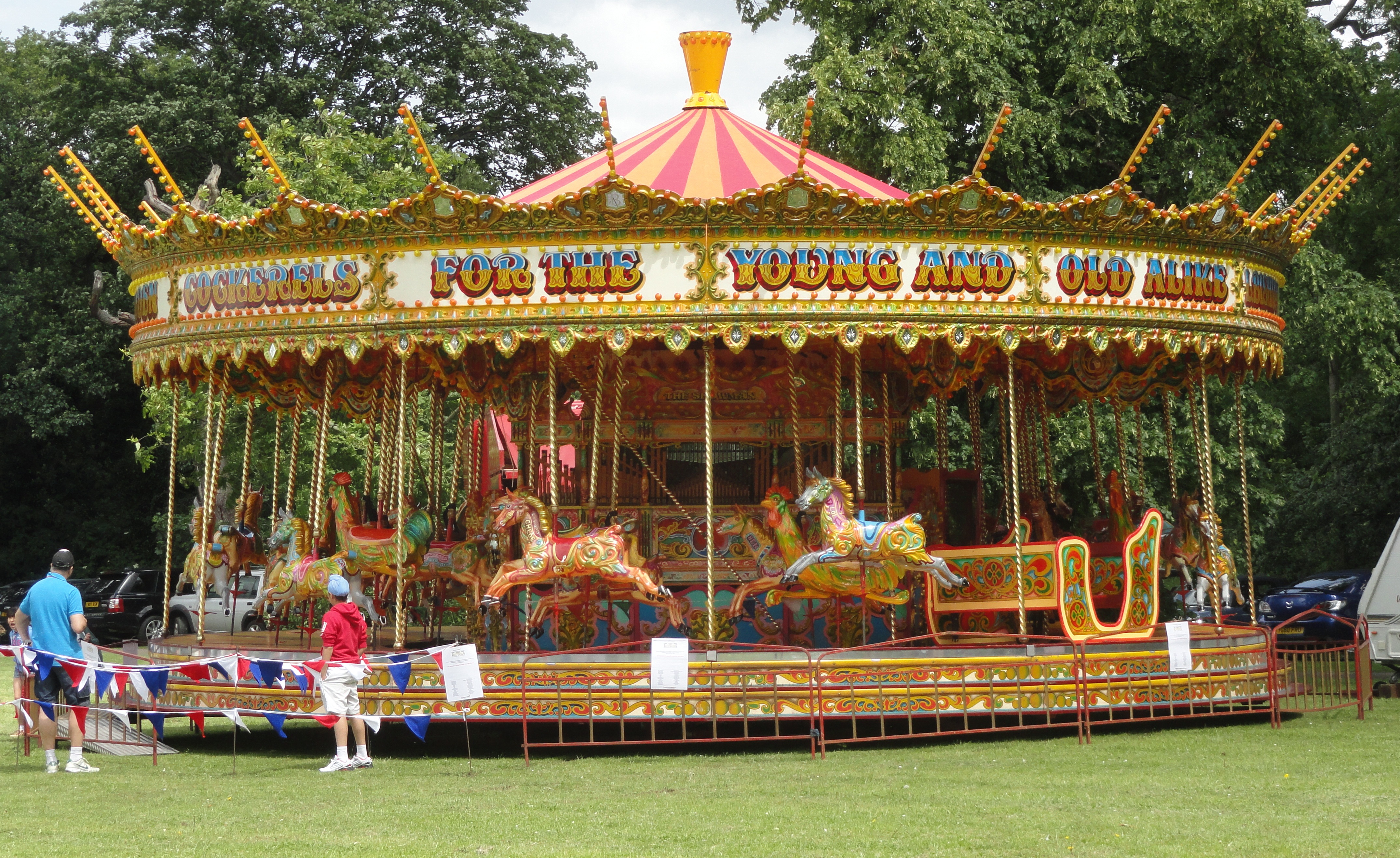
Some people see experienced unschoolers ("experienced" meaning in this context people who have done it well and effortlessly for years, who aren't afraid anymore, who have seen inspiring results) mention classes, and they think "Ah, well if the experienced unschoolers' kids take classes, then classes are good/necessary/no problem."
But if beginners don't go through a phase in which they REALLY focus on seeing learning outside of academic formalities, they will not be able to see around academics. If you turn away from the academics and truly, really, calmly and fully believe that there is a world that doesn't revolve around or even require or even benefit from academic traditions, *then* after a while you can see academics (research into education, or classes, or college) from another perspective.



